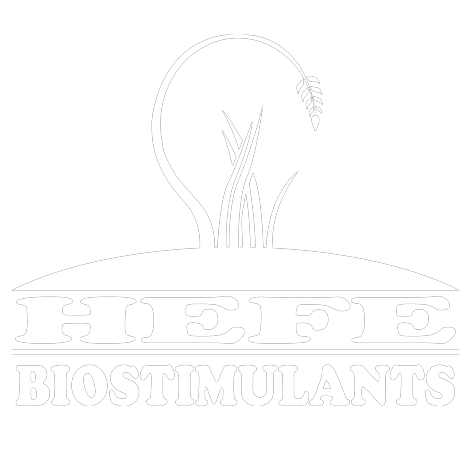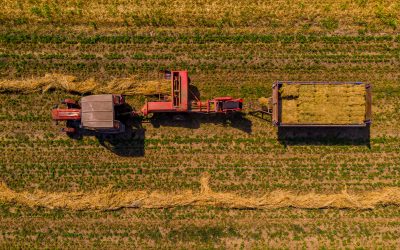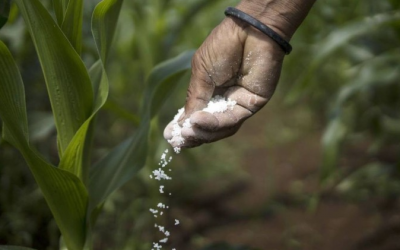On 2 August we will have consumed all the resources that our planet is capable of generating in a year. This means that on this day we will have reached the limit set by the Earth’s overcapacity and that, from that moment onwards, we will enter an ecological deficit.
The ecological deficit marks two serious aspects to take into account: first, that we have already consumed the natural resources that our planet generates for one year; and second, that everything we consume from the present moment until the end of the year, is consumption of future resources to supply present needs.
In other words: Once the overcapacity date (calculated annually by dividing the planet’s biocapacity by humanity’s ecological footprint and multiplying it by the days of the year) is reached, we will have already consumed our annual natural capital before its time.
Compared to the Earth’s overcapacity date in 2022, the day in 2023 is 5 days later than last year. And although this may seem a positive figure at first glance, the difference is so small that it is considered insufficient. To reach a truly positive target, it would be necessary to delay the Overcapacity Day by at least 19 days over the next seven years.
The main causes for these poor figures are mainly due to human abuse of resources: deforestation, overfishing and overfarming. And it is the latter that we can talk about best, as agriculture is the sector in which we work and try to improve.
Sustainable Agriculture vs. Earth’s Overcapacity
As the world’s population continues to grow, the demand for food and other agricultural products increases exponentially, resulting in this unsustainable pressure on the planet. Earth Overcapacity is an urgent call that confronts us with the reality of the depletion of our natural resources.
In this context, promoting sustainable agriculture is presented as a viable and necessary response to improve the current overcapacity figures. This type of agriculture seeks to optimise agricultural production without neglecting the secondary objective of minimising environmental and social impacts. It seeks to balance the farmer’s improved production with the conservation of natural resources and the protection of the ecosystems in which the activity is carried out.
Sustainable agriculture, through impact-conscious practices, seeks to improve the ability of plants to increase their resilience to environmental stresses such as drought, salinity problems and temperature extremes. When plants are more resilient, crop losses due to adverse conditions are reduced and this has a positive impact on food security and the agricultural economy.
Sustainable agriculture represents a promising opportunity to improve the current Earth Overcapacity figures. By increasing crop efficiency, reducing the need for chemical inputs, improving environmental resilience and encouraging responsible practices, we can move towards a future where production is sustainable and environmentally friendly.
At HEFE Fertilizer we are proud to have such practices as one of our core values, to contribute to building a more balanced and prosperous world for new generations. We strive to promote both sustainable agricultural practices and to reduce our own carbon footprint through eco-friendly manufacturing practices. We are convinced that the sustainable agriculture we promote is the key to protecting our ecosystem and regulating the Earth’s overcapacity.
Biostimulants: a brake on agricultural overexploitation
At HEFE Fertilizer, we are committed to promoting sustainable agriculture through the biostimulants we develop. These products, based on 100% natural organic substances and free of synthetic chemical impact, act as catalysts enhancing the capacity of plants to absorb nutrients, resist abiotic stress and improve their plant development. Unlike traditional chemical fertilizers, biostimulants not only aid plant nutrition, but also promote soil balance and encourage greater diversity in the agricultural environment.
Therefore, the use of biostimulants within the framework of sustainable agriculture as a response to the problem of Earth’s Overcapacity is a great success as an environmental strategy. Using biostimulants reduces the need to expand crop areas (helping against deforestation and habitat degradation) and limits the use of chemical fertilizers (reducing soil and water pollution).




